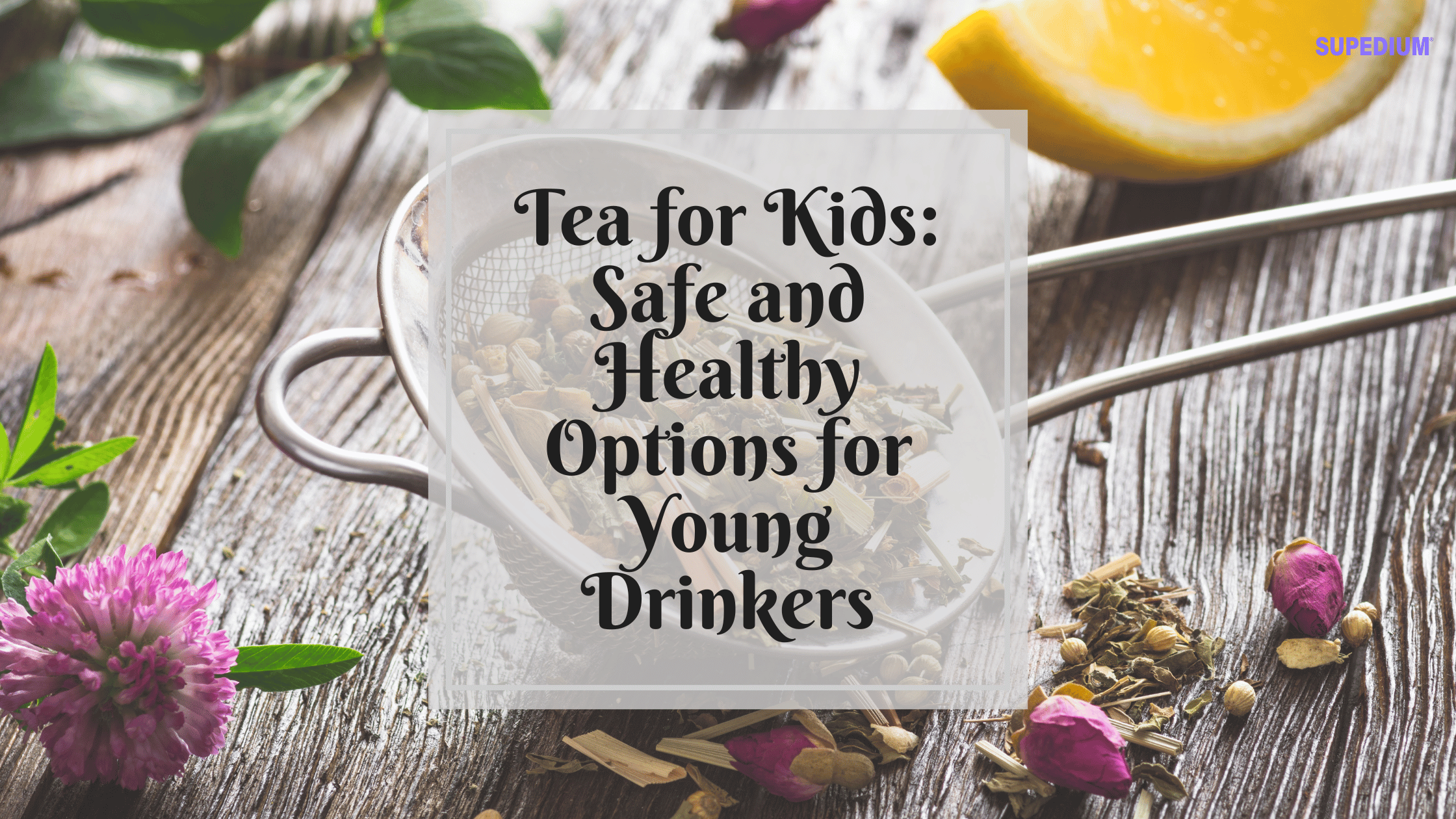Table of Contents
![]()
Alcohol and its connection to fitness and health is an issue. In smallish quantities –a drink or two per day–it’s possible health benefits like enhanced insulin sensitivity, healthy cardiac function, and a rise in blood lipids (fatty substances in your bloodstream, and that when lowered, lower your risk of coronary disease). Alcohol, in larger quantities, contributes to drives that are aware fistfights over who is the NFL rusher of all time, dwelling, and Prices of indecency.
And chronic alcohol abuse, to nobody’s surprise, divides your bum. However, this chapter is not about the effects of drinking that is moderate or acute. It is going to answer a query on all dieters’ and bodybuilders’ thoughts: How much alcohol could we consume before it will influence our attempts to build muscle and to shed weight?
Alcohol and Weight Reduction
Similar nowadays, alcohol would be the goal of criticisms. According to some folks, if you drink, you are likely to get fattened of this narrative. And, depending upon whom you speak to, you could lose your muscle. If we have a look we could observe that alcohol intake is associated with reduced body fat, not greater.
A study published at the American Journal of Clinical Nutrition in 1985 looked at the diets of 1,944 adults ages 18 to 74. Researchers discovered that an increase in calories from ethanol (alcohol) alone did not result from the weight reduction that would ordinarily happen if these calories were out of protein, carbohydrates, or fat. Due to alcohol ingestion, had exactly the very same levels of action and drinkers shot in a mean of more calories each day, but were not any fatter than their alcohol-free counterparts.
Another study after women on a weight reduction diet instructed one set to ingestion 10 percent of calories from juice in the wine and a different. After 3 weeks, the wine drinkers dropped than the juice bunch. The mechanisms at work are clear, but there is an element that drinking may diminish your appetite. According to another study, it might be associated with the effects of alcohol. That is not the objective while it might look like I am inviting you to drink to get shredded. Alcohol consumption can interfere with your weight loss attempts but.
While alcohol essentially can not be stored as body fat, oxidation, which in turn accelerates the pace at is blocked by it. It’s not the calories from alcohol which could cause you to get fat, but of the crap that you consume. Consequently, if you would like to have the ability to consume while dieting and lose weight, do not consume alcohol greater than 1 day each week, and utilize these tips to protect yourself from excessive fat: Restrict your dietary fat consumed daily, and do not eat any fatty foods as you’re drinking.
Get
the great majority of your calories from protein and carbohydrates daily
(with most coming out of protein). Stay away from beverages such as
beer and sweet cocktails. Dry wines are a fantastic choice in addition
to spirits (if not mixed with baking juices or soda). You can enjoy a
few drinks each week by following these tips
regimen.
Alcohol and testosterone levels
In regards to a single consequence of alcohol, men do need to deal with the music: It suppresses production. The size of the effect changes. A research performed by the TNO Nutrition and Food Research Institute had 10 guys beverage 30–40 g of alcohol each day (2 to 3 beers, 2-3 oz of liquor, or 10 to 15 oz of wine). After 3 months, their testosterone levels had fallen by about 7 percent (fairly insignificant).
After exercising, Still another study had 9 guys beverage 60 — 70 g and levels were not affected by it throughout the 5 subsequent hours. What happens if the dose that is postworkout raise, however? The University of Helsinki ran a similar analysis, administering 1.5 g ethanol per kg of body fat (the equivalent of six beers or six 1.5oz. Shots) to 8 healthy men ages 20 to 26. Their levels fell by 23 percent on average between the 16th and 10th hours as soon as they began drinking.
What’s more, 36 percent on average raised cortisol levels and growth hormone secretion were suppressed. Another study conducted with precisely the university consented: Binge after participating in practice, drinking is bad for production, thereby proving that 10 beers are a postworkout meal that was bad. When you’ve got a few drinks there and here After all, you haven’t anything to be worried about in terms of production. However, performing post-workout shots? Not a fantastic idea.
Alcohol and muscle performance and recovery
In in vitro research and rat, protein synthesis is impaired by alcohol. Some folks state it stops you and accelerates muscle reduction and apply that sort of research to living. Well, it does not function like that. People and rats have significant metabolic alterations, and findings do not necessarily pan out in vivo. In muscle-wasting, people Consequences of alcohol have been observed in alcoholics.
You are likely to have difficulty building muscle In case you’ve got 7 drinks every day. And walking. And recalling your name. Additionally, it is commonly asserted that power is impaired by alcohol ingestion and interferes with the body’s ability. Based on research performed by the University of Aarhus and Massachusetts University alcohol does not affect signs of intensity.
On the contrary, research revealed that muscle damage was magnified by 1 gram of ethanol per kg of body fat following exercise. It must be said that the workout routine utilized was somewhat absurd (300 eccentric contractions on a system for training the legs), thus we can not be certain its findings apply to more conventional, lower quantity weightlifting workouts.
To drink or not to drink?
Alcohol advocates prefer to talk it up however the main point is it will not provide you any performance advantages and it is not essential for any method for health. If you are like me and do not drink, I do not find any reason. If you drink than it interferes with muscle gains you have to worry about. But should you drink infrequently and reasonably enough not to observe any aftereffects (no hangovers or lingering difficulties), then you most likely don’t have the motive to give it up entirely.
Share This




Be the first to comment